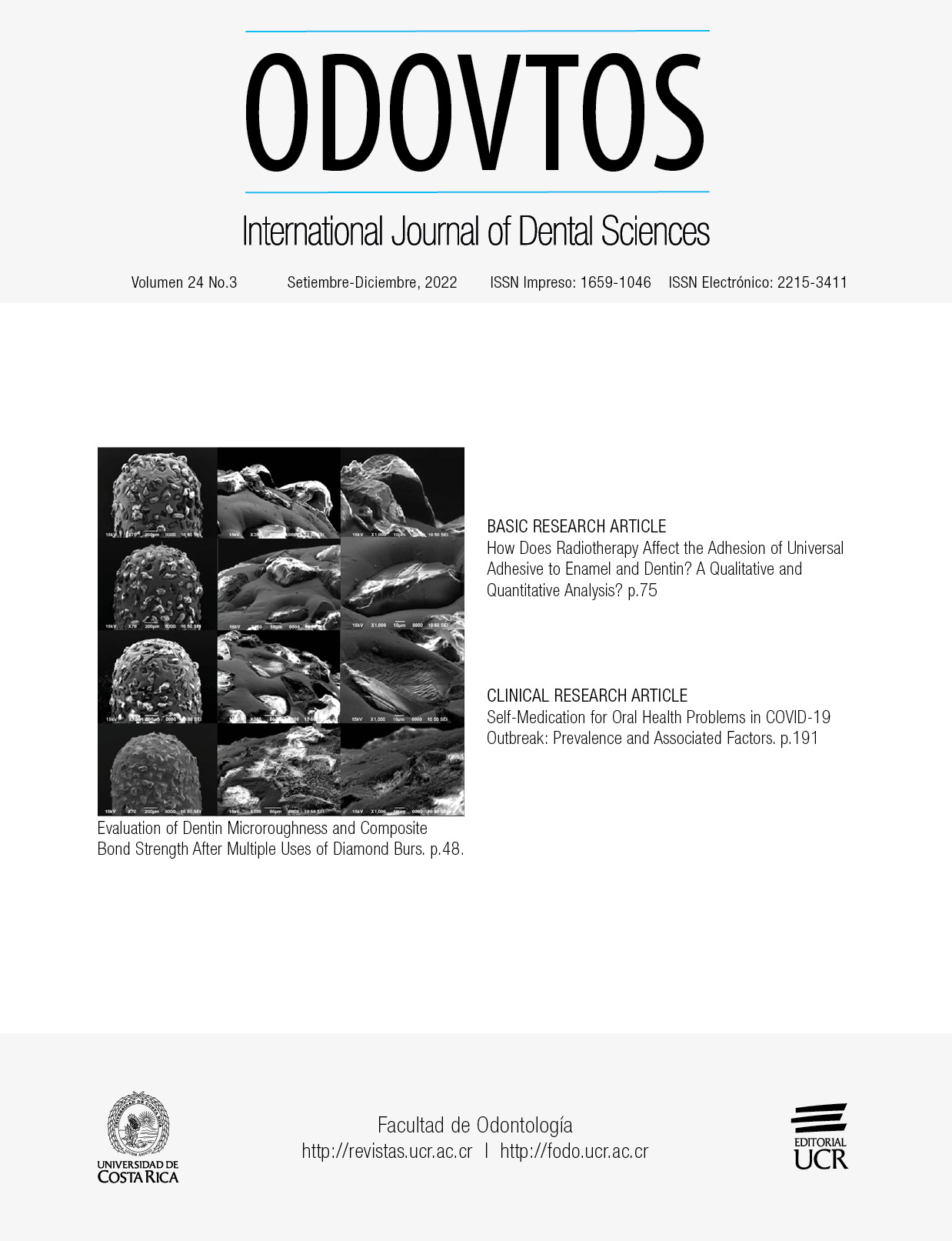Resumen
Una nueva cohorte generacional, conocida como “Generación Z”, se encuentra estudiando las Licenciaturas en el área de la Salud. Estos estudiantes nacieron entre los años de 1996 y 2012, y actualmente al año 2022, tienen entre 18 y 26 años. Es necesario comprender sus características y sus conductas, para tener un mejor entendimiento de cómo aprenden, qué esperan de la educación, y cómo se podría mejorar su desarrollo académico y su potencial. La Generación Z es conocida como la más diversa, y requiere de una mentoría cercana por parte de los profesores, quienes deben estar listos para ayudar a los estudiantes a manejar el tiempo y los recursos eficientemente. Es importante mencionar que la información referente al desempeño profesional de la Generación Z es aún preliminar, dado que actualmente están cursando sus programas universitarios. Por tanto, será interesante seguir analizando el comportamiento de la Generación Z en la Educación Odontológica.
Citas
Marshall A.L., Wolanskyj-Spinner A. COVID-19: Challenges and Opportunities for Educators and Generation Z Learners. Mayo Clin Proc. 2020; 95 (6):1135-1137.
Eckleberry-Hunt J., Lick D., Hunt R. Is Medical Education Ready for Generation Z?. J Grad Med Educ. 2018; 10 (4): 378-381.
Wells T., Fishman E.K., Horton K.M., Rowe S.P. Meet Generation Z: Top 10 Trends of 2018. J Am Coll Radiol. 2018; 15 (12):1791-1793.
Schenarts P.J. Now Arriving: Surgical Trainees From Generation Z. J Surg Educ. 2020; 77 (2): 246-253.
Holzer B.M., Ramuz O., Minder C.E., Zimmerli L. Motivation and personality factors of Generation Z high school students aspiring to study human medicine. BMC Med Educ. 2022; 22 (1): 31.
Carlon K. Who is Generation Z? Corridor Business Journal. 2018; Apr-May:3-9.
Christensen S.S., Wilson B.L., Edelman L.S. Can I relate? A review and guide for nurse managers in leading generations. J Nurs Manag. 2018; 26 (6): 689-695.
Miller J. 10 things you need to know about Gen Z. HR Magazine. 2018; Nov-Dec:50-56.
Popescu D., Popa D.M., Cotet B.G. Getting ready for Generation Z students - considerations on 3D printing curriculum. Propósitos y Representaciones. 2019; 7 (2): 240-268.
Plochocki J.H. Several Ways Generation Z May Shape the Medical School Landscape. J Med Educ Curric Dev. 2019; 6: 2382120519884325.
Seibert S.A. Problem-based learning: A strategy to foster generation Z’s critical thinking and perseverance.Teach Learn Nurs. 2020; 10.1016/j.teln.2020.09.002.
Sutton L.H., Martínez J., Millán-Hernández M., Vives T. El “ethos” de la Generación Z: los estudiantes de medicina de la UNAM. Cuad Méd Soc (Chile) 2021; 61 (2): 15-26.
Schoelles-Williams J., English DE 2nd, Godwin DA, et al. Report of the 2018-2019 Student Affairs Standing Committee. Am J Pharm Educ. 2019; 83 (10): 7656.
Kakodkar P. Gen Z Students: Newer Teaching Methods and its Application in Dentistry. J Dent Res Rev 2018; 5: 103-4.
Kabil N.S., Allam G.G., El-Geleel O.M.A. Motivational reasons for choosing dentistry as a professional career & factors affecting specialty choice among final year dental students. Future Dental Journal. 2018; 4 (2): 308-313.
Cickovska E. Understanding and teaching Gen Z in higher education. Horizons Series A. 2020; 26: 275-290.
McNally A.M., Stagliano A.J. Motivating Authentic Learning in Post-Millennial Students: Unique Contributions by Industry-Savvy Adjuncts in the Undergraduate Degree Capstone Course. Northeast Business & Economics Association Proceedings. 2018; 204-207.
Schroth H. Are You Ready for Gen Z in the Workplace? California Management Review. 2019; 61 (3): 5-18.
Wynne B. Healthcare Leaders: Here’s How to Recruit-and Retain-Generation Z. Marketing News. 2019; Aug: 6-7.
Schlee R.P., Eveland V.B., Harich K.R. From Millennials to Gen Z: Changes in student attitudes about group projects. Journal of Education for Business. 2020; 95 (3):139-147.


